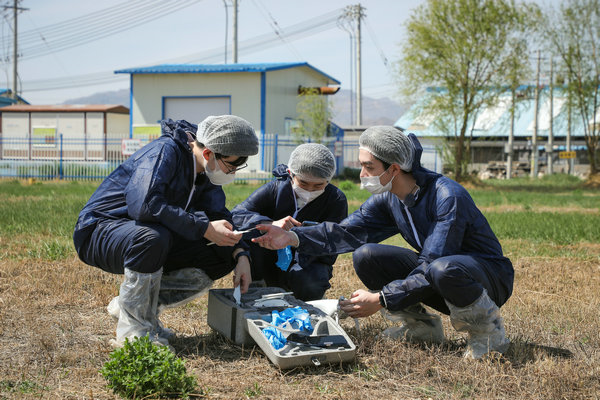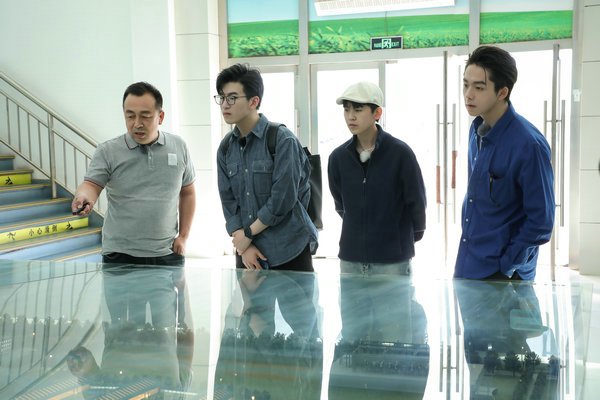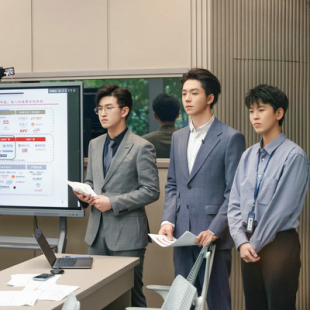Reality show to bank on


Together with two other interns, He Bailiangge, 24, was on her first business trip.
It was a bit different from what He had expected. Instead of sitting smartly in a suit in front of a computer in an air-conditioned investment bank office, she and her teammates spent the day in a pasture under the blazing sun, in protective clothing, counting cows-dry cows, lactating cows and calves. There were thousands of them.
To help them in this arduous task, the trio used a drone to tally up the number of animals. By the time they had finished, they were covered in dirt, and the white shoes of Huang Huju, He's colleague, had turned an earthy yellow.

They were carrying out due diligence for a dairy company in Hohhot, Inner Mongolia autonomous region. Without the assistance of any experienced colleagues or mentors, the three interns were left to their own devices, but with good reason.
The excursion was one of the tasks in the second season of the reality show The Shining One, which premiered at the end of June on Jiangsu TV as well as on video streaming platforms iQiyi and Tencent Video.
The 20-episode show has followed nine Chinese job seekers, all in their 20s, as they battle to secure a dream job in the investment banking industry.
For over a month, the candidates interned at Huatai Securities, a leading integrated securities group in China, completing six tough tasks, both in groups and as individuals, in a bid to win one of three available spots.
As the first season of the show presented to the public what a securities company does and how it serves the economy, the second offers the audience a glimpse of one of the most coveted, yet hardest, roles: investment banking.
According to Bai Xue, producer of the show, when recruiting candidates for the first season, 80 percent of them said they wanted to work in investment banking.
Bai says their crew followed investment banking professionals at Huatai for months to observe and to learn about their work and responsibilities. They interviewed nearly a hundred of them, all different levels of seniority, to get a full picture of the industry.
"We want to make our show a guidebook for the workplace, so that the young people watching can see examples of some relevant workplace skills," Bai says.





































